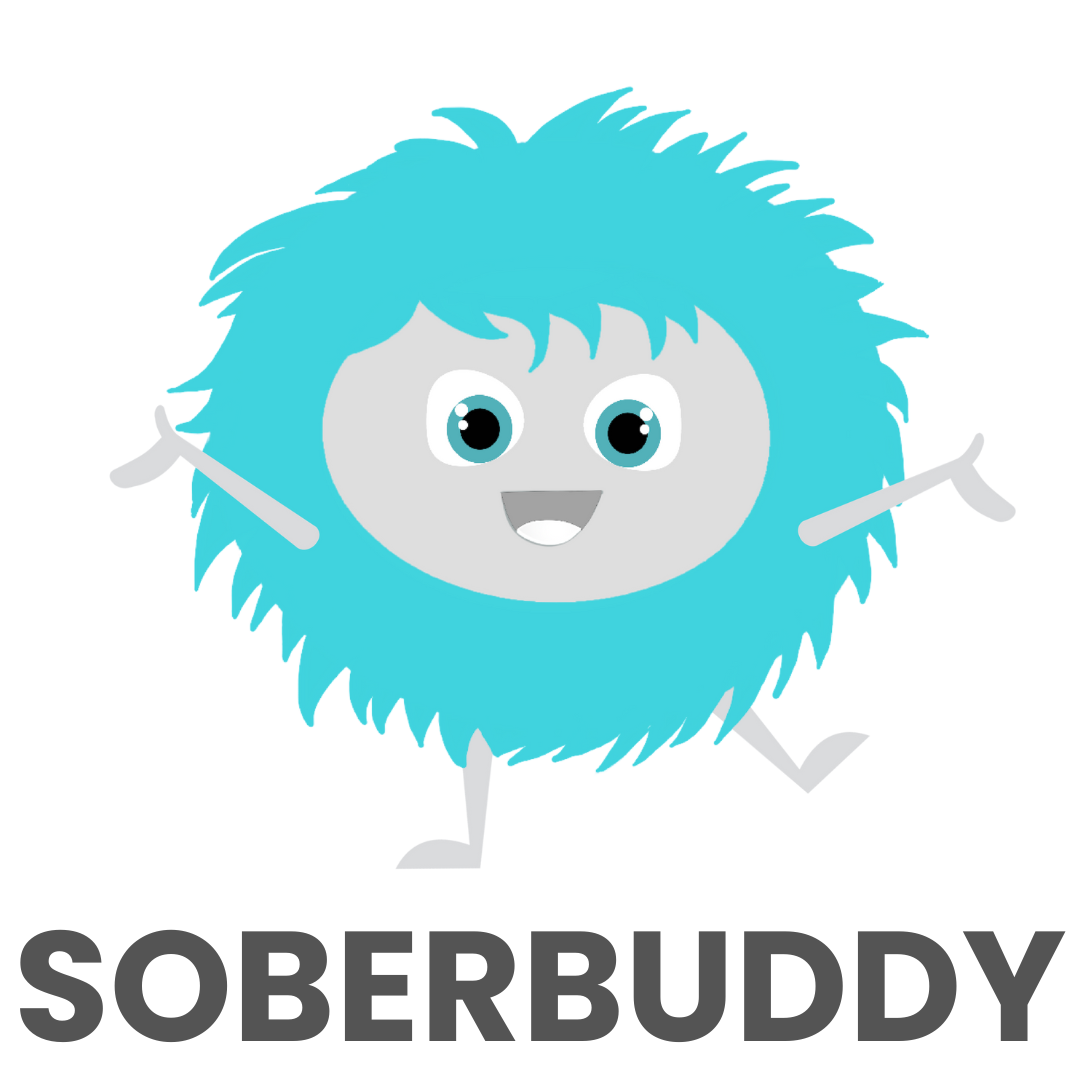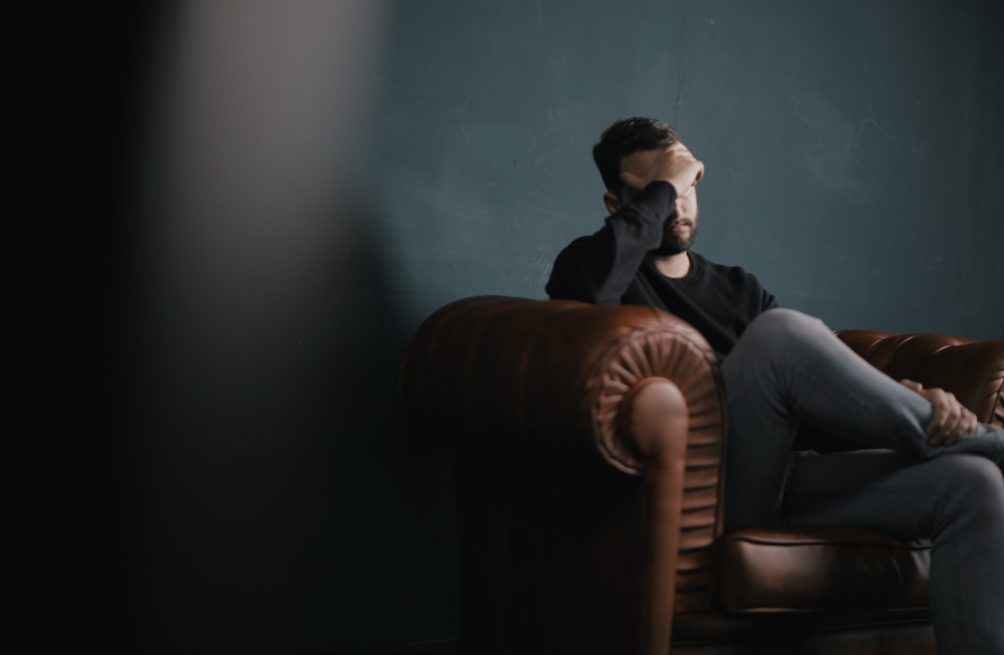There’s nothing inherently wrong with alcohol, in and of itself. Unfortunately, many things can undermine your ability to moderate how much you drink, which can plunge you into a drinking problem, or alcohol use disorder. It’s not necessarily obvious or terrible at first, but the problems can keep piling up, so it’s best to nip alcohol abuse in the bud at the first sign.
This isn’t a matter of willpower or moral strength, but of treating a disease, similarly to the way we treat any disease. Think of it like this: if your drinking is causing problems, you have a drinking problem.
Before we discuss symptoms, let’s take a moment to talk about denial. The urge to ignore bad things happening is an extremely normal one, but it is almost never helpful. It’s frightening but necessary to admit that your drinking might be an actual issue. Below are some common thought patterns surrounding denial. Keep this in mind while going through the list of symptoms, and double-check to make sure you’re not dismissing the idea of alcohol abuse out of hand.
Denial can look like:
- Assuming you drink less than you actually do.
- Blaming the problems caused by your drinking on others.
- Pretending the negative consequences of your drinking aren’t so bad.
- Thinking that family and friends who have expressed concern about your drinking are just exaggerating.
- Thinking you can stop drinking whenever you want to, but never actually putting that to the test.
- Claiming that your drinking is your problem, and nobody else needs to worry about it, even as it negatively affects those around you.
- Dismissing alcohol use as a trivial problem compared to real drug addiction.
- Telling yourself that, because you’re not homeless and raving on the street, you’re not an alcoholic, even though millions of people are addicted to alcohol and still have homes.
- Thinking that, because you don’t drink every day, you can’t have a drinking problem, even if every time you do drink it causes a string of problems in your life.
- Thinking that you don’t drink the right kind of alcohol to be an alcoholic, even though anything alcoholic enough to get you drunk can become a problem.
- Generally assuming that, because you’re a normal person and not a caricature of a TV alcoholic, you’re probably fine, even though most people with an alcohol use disorder aren’t anything like the TV depiction.
If any of these thought patterns seem familiar to you, pay special attention when looking through the symptoms of alcohol abuse, described below.
Symptoms Of Alcohol Abuse
- Feeling guilty about your drinking.
- Hiding your drinking.
- Consistently drinking more than you intend to.
- Drinking in dangerous situations, or putting yourself in dangerous situations through drinking, e.g. driving drunk.
- Drinking as a method of self-soothing when you’re stressed, upset, or depressed.
- Family and friends have expressed concerns about your drinking.
- Drinking so much you have “blackouts” and can’t remember your actions while drunk.
- Neglecting responsibilities because of hangovers, drunkenness, or other alcohol-related reasons.
- Legal problems related to your drinking, or arising from things you did while drunk.
- Relationship problems.
These are all warning signs of alcohol abuse, but there are two symptoms which turn alcohol abuse into an alcohol use disorder: tolerance and withdrawal.
Tolerance: If you find it easier and easier to win drinking games, and harder and harder to get drunk, this is not a good sign. It’s a red flag for alcohol use disorder, and should be treated as such. At the far end of this spectrum, enough drinking will destroy your ability to break down alcohol, so if you’re suddenly getting drunk much, much faster than usual, go see a doctor ASAP.
Withdrawal: If being away from a drink for too long leaves you
- Anxious
- Shaky
- Sweaty
- Nauseous
- Depressed
- Unable to sleep
- Irritable
- Constantly exhausted
- Never feeling hungry, and/or
- Headachey,
That’s a sign that you’re dependent on alcohol, and experiencing withdrawal. As you may have guessed, this is unhealthy. Severe withdrawal can mean hallucinations, fevers, seizures, and confusion, which is why you should talk to a doctor before you quit drinking. Please do not put yourself through an unnecessarily awful time because you figure it will be fine and you have a lot of willpower.
If this article is ringing a bell, please consider talking to a doctor, support center, or other specialist who can help you quit drinking. You don’t need to do this alone, and you shouldn’t. Willpower just isn’t enough when your body is convinced that you need alcohol like you need food or air, and withdrawal can really mess you up. Detoxing and getting healthy in a safe and supportive environment can lead you to a better and happier life.

